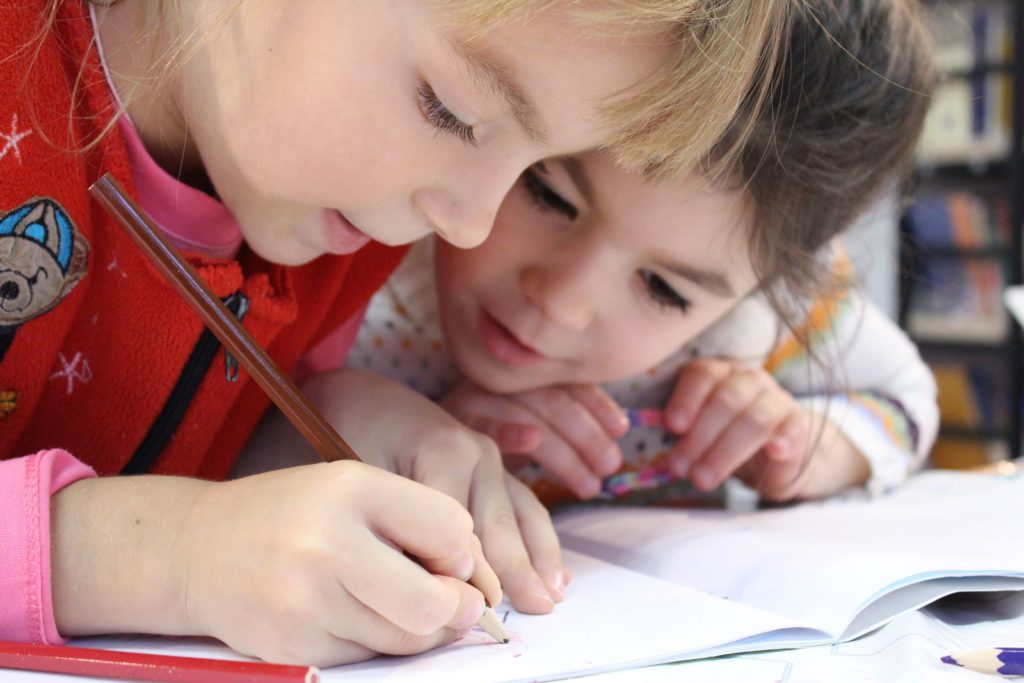From the time your daughter enters daycare through her preschool years, she will be learning based on the 5 core principles of the Montessori Method. Every child deserves the same respect granted to someone else, young children are eager to learn and try new things, children learn specific things at similar stages, each child performs better in an ordered environment, and children thrive when they have more control over their own education.
- Respect For The Child
Learning to give and receive respect begins on Day One of the Montessori daycare, and continues throughout their education. Montessori believed that giving children equal respect promoted a healthy sense of self-esteem and that through self-esteem every child would be more willing to learn more, explore farther, and play a more active role in the classroom and society as a whole. Respect for the child is the first and one of the most important of the tenets of Montessori.
- The Absorbent Mind
The first 6 years of life are critical for children to fully develop. Children begin life with brains that could be compared to a dry sponge. It is willing to absorb information of many types in order to gain a better understanding of the self, of interacting with others, and of playing a participating role in the greater world they have found themselves a part of.
- Sensitive Periods
The sensitive periods are vital to proper early development and correspond to times when children are more focused on developing specific skill sets. Maria Montessori identified 5 sensitive periods for children aged 6 and under. Those skillsets are:
- Order – The need for an ordered, prepared environment.
- Language – The ability to convey feelings and needs coherently.
- Sensory Skills – The ability to process information using the 5 practical senses.
- Organizational Skills – The ability to perform tasks in an ordered, logical manner.
- Environmental Skills – The ability to manipulate the environment for specific goals.
- The Prepared Environment
Montessori activities are always put away when the child is done, and every activity has its own place. This reinforces children’s need for consistency and allows each child to be confident that the activity will be exactly where it is expected to be when she is ready to use it. The order in the Montessori environment has a calming effect on children and promotes critical thinking and a variety of social skills.
- Self-Teaching
Authentic Montessori activities are designed so that children can use them independently and know whether the task was completed correctly when completed. Since children are encouraged to govern their own activities, this creates a self-teaching environment that allows children to work on many different tasks rather than the whole class focusing on one thing simultaneously.
